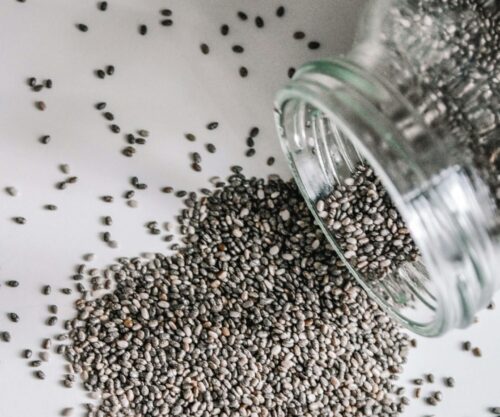
February is the month of love, it is also the month for Healthy Lifestyle Awareness and this year the month has been set aside on the national health calendar to highlight the importance of healthy living through nutrition and regular exercise.
According to MedicalNewsToday heart disease is the leading cause of death for both men and women. This is the case in the United States and worldwide. More than half of all people who die due to heart disease are men.
Which is why this Healthy Lifestyle Awareness month is urging individuals to priortise their health and what better way than showing your heart some love too in the month of love by eating healthy and following a healthy diet.
Eating a healthy, balanced diet is the key to a healthier mind and body. And as individuals we should be more mindful of what we ingest because it has the potential to either harm or benefit us.
According to the World Health Organization (WHO), South Africa has the unhealthiest population in the world, with those between the ages of 30 and 70 facing a 26% probability of suffering and dying from heart disease, diabetes and other lifestyle disorders.
According Mayo Clinic here are healthy diet tips to help you protect your health:
Eat more vegetables and fruits
Vegetables and fruits are good sources of vitamins and minerals. Vegetables and fruits are also low in calories and rich in dietary fiber. Vegetables and fruits, like other plants or plant-based foods, contain substances that may help prevent cardiovascular disease. Eating more fruits and vegetables may help you cut back on higher calorie foods, such as meat, cheese and snack foods.
Select whole grains
Whole grains are good sources of fiber and other nutrients that play a role in regulating blood pressure and heart health.
Limit unhealthy fats
Limiting how unhealthy fats you eat is an important step to reduce your blood cholesterol and lower your risk of coronary artery disease. A high blood cholesterol level can lead to a buildup of plaques in the arteries, called atherosclerosis, which can increase the risk of heart attacks and strokes.
Choose low-fat protein sources
Lean meat, poultry and fish, low-fat dairy products, and eggs are some of the best sources of protein. Choose lower fat options, such as skinless chicken breasts rather than fried chicken patties and skim milk rather than whole milk.
Beans, peas and lentils are also good, low-fat sources of protein and contain no cholesterol, making them good substitutes for meat.
Limit or reduce salt (sodium)
Eating too much salt can lead to high blood pressure, a risk factor for heart disease. Limiting salt (sodium) is an important part of a heart-healthy diet.
Control your portion size
How much you eat is just as important as what you eat. Overloading your plate, taking seconds and eating until you feel stuffed can lead to eating more calories than you should. Portions served in restaurants are often more than anyone needs.
By following these simple rules and guidelines can help you live a much healthier life and longer life.
Also see: 5 signs you may be experiencing a stroke




